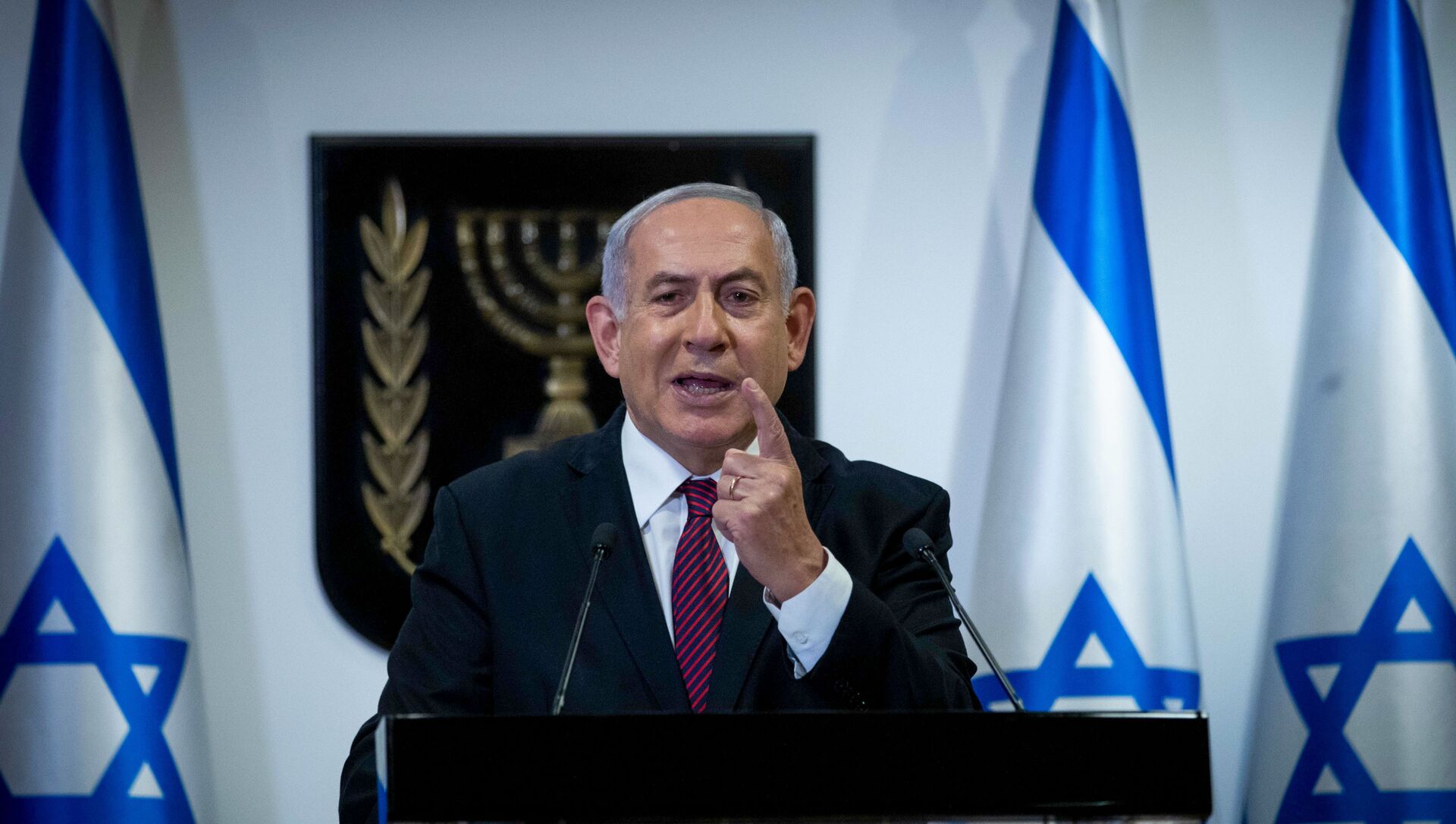In his almost one month in office, US President Joe Biden has managed to speak to a number of world leaders.
Russian President Vladimir Putin received a call shortly after Biden was inaugurated and the leader of China, Xi Jinping, spoke to the new US Commander-in-Chief several days ago, but one of America's main allies -- Israel -- is still waiting for its turn.
In Israel that attitude raised eyebrows. Local media published a number of reports speculating that the new administration in Washington was snubbing Netanyahu and the country's former ambassador to the United Nations Danny Danon slammed the American leader for not bothering to call one of Washington's closest allies.
Reacting to this and similar allegations that Biden was snubbing Israel's Prime Minister Benjamin Netanyahu, White House spokeswoman Jen Psaki told reporters a week ago that her President "was looking forward to speaking" with the PM but could not commit to a "specific" time frame during which that call could happen.
No Reason to Worry
Danny Ayalon, Israel's former ambassador to the US, attributes that decision to a number of factors.
"There has been some displeasure with the way Netanyahu has conducted himself vis-a-vis Biden’s predecessor, Donald Trump. The relations of that duo were intimate, and they focused on politics, not policies."
But that was not the primary reason, and the former diplomat thinks that a substantial part of the decision to delay call to the Israeli prime minister was dictated by the "new set of priorities" of the Biden administration.
For Ayalon this was hardly surprising, especially given the fact that in the past, during President Obama's tenure, the Middle East also lost its appeal for the White House, which wanted to focus its attention on other issues like China and America's internal problems.
Now, says the former ambassador, history is repeating itself, but it should not bother Israel that much, he reassures.
"The ones should be worried are the Palestinians. They will no longer have that much attention from Washington as they did during Obama, and Biden is unlikely to interfere in the Israeli-Palestinian conflict, unless there is a crisis or a significant breakthrough, like it was in 1993 in Oslo."
Israel, on the other hand, has much more political weight for the White House.
Apart from the fact that Israel is the largest recipient of US foreign aid, it is also its one of the closest allies, with the two countries working on a number of mega-projects ranging from defence and medical developments to trade and agriculture.
And now, there is another factor too -- Iran's nuclear deal. The US exited the Joint Comprehensive Plan of Action with the Islamic Republic, which aimed at supervising its atomic energy ambitions back in 2018, and Biden has vowed to restore it, indicating he would be willing to sit down for talks with Tehran.
The way things stand now, Washington has not formulated a coherent plan yet on Iran's nuclear programme, but when it does, Ayalon is certain that Netanyahu will receive that phone call from the new boss at the White House.
While he is still waiting for that call, the Israeli PM can still make lemonade out of what has seemed to be a sour beginning to the interaction between Netanyahu and Biden.
Rapprochement is Coming?
Israel's PM hasn't been the only Middle Eastern leader who was given the cold shoulder by the new US presidential administration. Another strategic partner of Washington, Saudi Arabia, has seen a similar attitude, and reports suggest that Biden has no intention to call the country's crown prince Mohammed Bin Salman (MBS) in the nearest future.
Washington has also indicated that Biden would be calling his father, King Salman, instead.
That could be the trigger of Riyadh's rapprochement with Israel.
"Saudi Arabia needs Israel when it comes to Iran and as a mediator with the Congress that could impose sanctions on Riyadh. Now with Biden giving a cold shoulder to both nations that might bring them closer, especially given the fact that Riyadh has already tested the water with the United Arab Emirates and Bahrain and cleared the road for its own normalisation agreement with the Jewish state."




